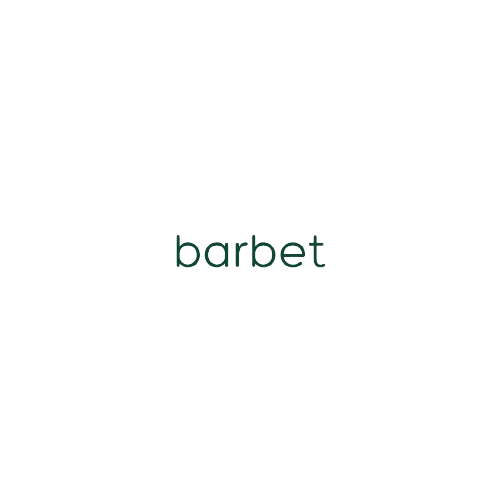For as long as I can remember, I’ve never spoken just one language. Maybe between the ages of 0 and 3. But since those days, it’s been a constant blend of languages. I went to a French school where I learned to read, write, and survive dictées, spoke only Amharic at home, and spent my afternoons glued to Cartoon Network, pretending I understood what Dexter and Dee Dee were saying. (Spoiler: I didn’t. Not until, like, fourth grade.)
You’d think all those languages swirling around would be confusing, but it actually felt… normal. Like, that was just life. Of course, kids like me stood out a little, even in Ethiopia. We weren’t exactly like everyone else. But when we were together, speaking our little mash-up dialects, finishing sentences in a whole other language, it just made sense. We weren’t confused, we were expressive. Starting to speak in one and expressing in another. Speaking more than one language wasn’t a burden. It gave us options. It gave us style. It gave us depth. And let’s be honest, there are things you can only say in Amharic. Things that just don’t land the same in English or French.
Then I moved to the U.S., and English became a bigger part of my life. But it didn’t replace the other two, it just jumped into the mix. Where French used to walk with Amharic, now English was two-steppin with it. And honestly? It felt right. The longer I live here, the more I realize how wild it must be to only think in one language. How do you even process emotions with just one set of words?
Even now, at work or in professional settings where I’m “supposed” to speak straight English, the Amharic sneaks in. Sometimes I’m mid-sentence, stuck trying to translate the perfect word that only exists in Amharic, and people just think I’m buffering. Same thing happens when I’m with my parents and end my sentence with “yeah, exactly,” and I’m teased about it all day. I won’t lie, sometimes I envy people who can just say what they mean, clearly, in one go. No translating in their heads. No wondering, “Will this word make sense here?” But honestly? I wouldn’t trade this mix for anything. It’s not broken. It’s not messy. It’s fluid. It’s real. It’s authentic to me and who I am.
I get to say things like “Ayzoh,” and feel it land, deeply, emotionally. How do you explain that word to someone who’s never heard it? How do you translate that kind of comfort? You really can’t.
When I speak, I’m not just communicating. I’m sharing where I come from. My language tells a whole story. Every sentence is a little journey through the life I’ve lived: where I was raised, what I’ve carried with me, and who I am now. And even if I’m always in between tongues, I’ve realized that’s not a flaw. That’s my fluency.

